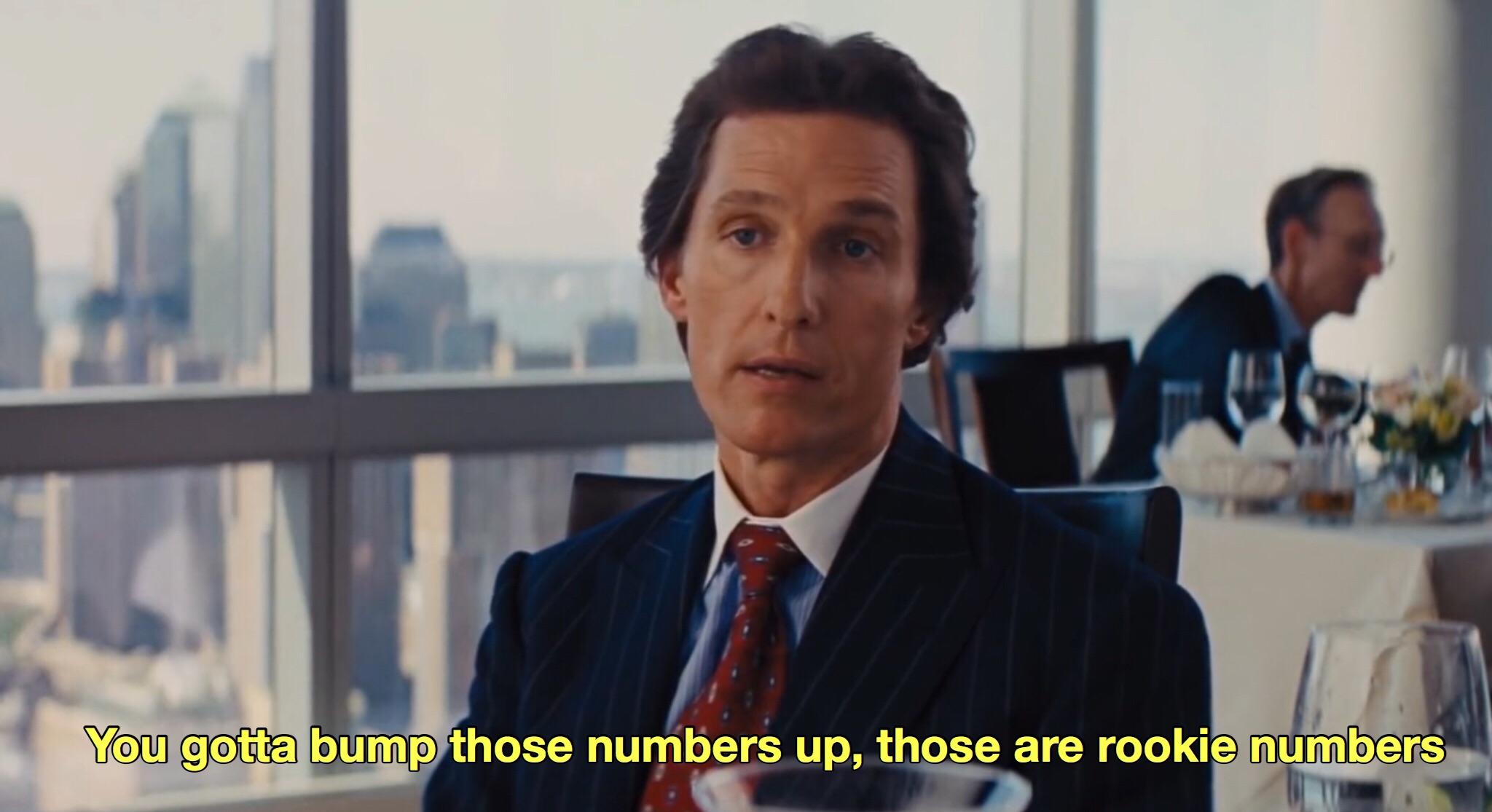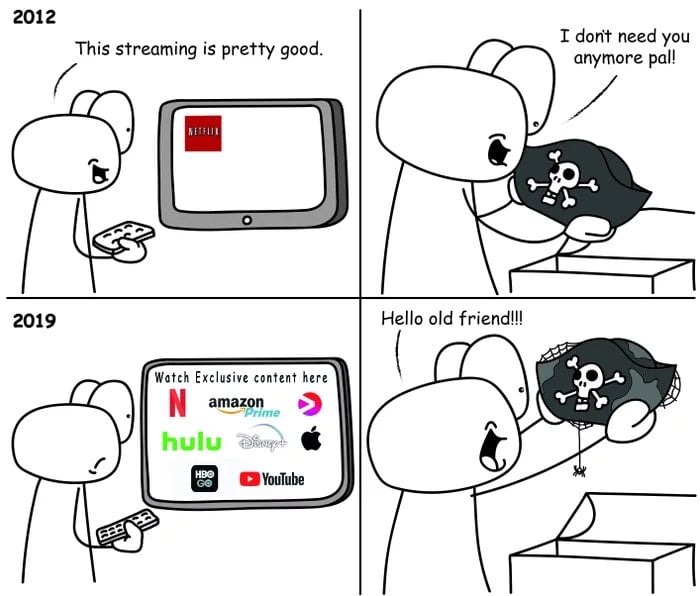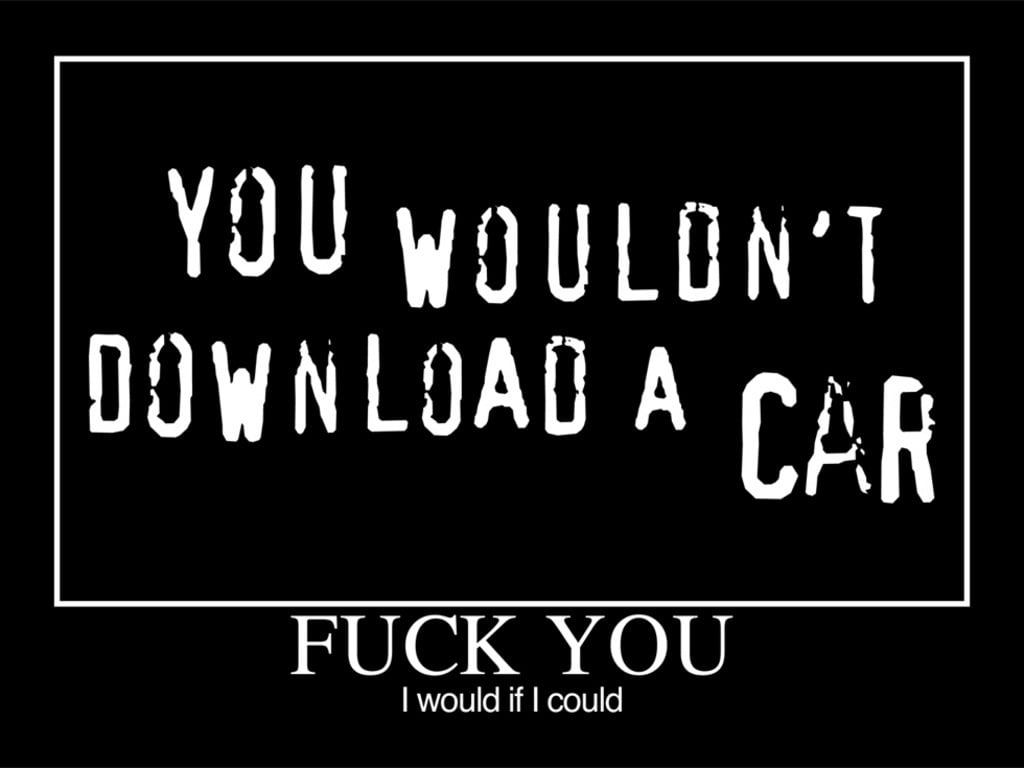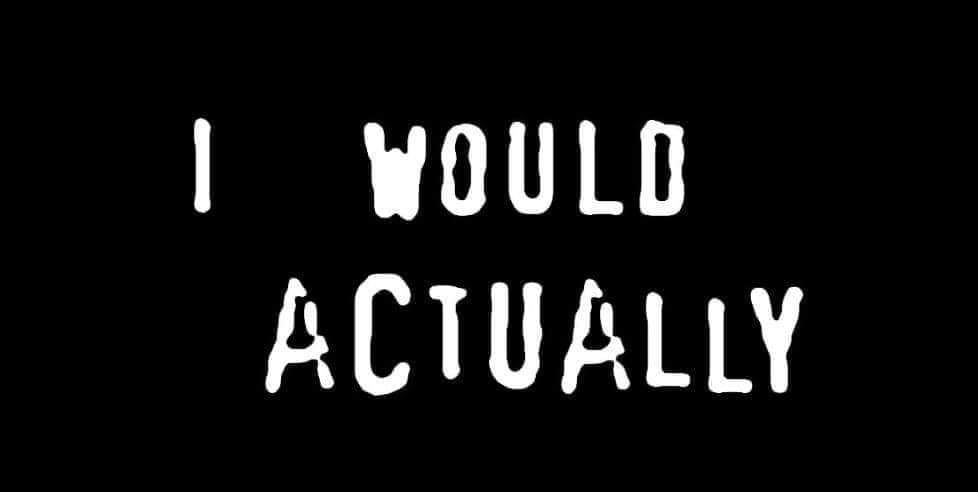For me, piracy isn’t about the cost. I’ve spent 1000’s of dollars on home servers, Apple TVs, NAS, hard drives, Usenet/VPN subscriptions, and indexer subscriptions. Not to mention all the extra time it takes to set up and keep everything running.
I do it because I get a higher quality product. The last time I did the math, for the size of my collection and the cost of everything I’d spent would be the equivalent to having paid $10/Blue-ray for what I have.
I also do have many streaming services through different bundles, but the low bitrates and constant switching of services means it’s harder to find and lower quality to watch than just adding something in Radarr and playing it in Plex.
On the other hand I legally stream music all the time and am very happy with the product. You pick one provider of your choice, pay a reasonable price, get access to nearly all the world’s music, modern and historical, and the audio quality is more than reasonable.
It’s on the movie and TV industry to fix their piracy problem. The music industry has even provided them a template.
For me its not so much quality as it is control. I set things up exactly the way I want with exactly the content I want and I know it’s not going to suddenly change tomorrow. This is why I dont go for streaming unless it’s from a server I control.
In the early days of streaming it wasn’t quite as bad. A few licenses did expire, but it wasn’t like most things were just going to disappear overnight. And Netflix started out with strong original programming, so there was still always value.
Now, though even though I’ve spent a lot of money on my server and a lot of time futzing with it, it’s worth it to me compared to futzing around figuring out which streaming service has the license this week for the show I want to watch.
Plus, unless I totally lose my Plex/Jellyfin database (has happened before as I’ve tinkered around learning things), my watch history stays with me. I can pick up a show where I left off, even years later. Not true if a show moves to another streaming service.
I view it kinda like the trade-off paying for anything vs DIY. Sometimes it’s worth paying a premium to hire someone, especially if it’s way outside your skill set. Other times you interview contractors, and either the price is way high, or you get the sense they have no clue what they’re doing and will wreck your project. If you DIY then there’s a learning curve and you won’t always get everything right, but you have total control.

I’ll start paying when they stop being racist with their region locks.
Hell yeah
Look man, not one goddamn person who worked on Xam’d is getting a red penny from me paying to watch it legally. I’m not gonna reward some corporation whose only contribution was having enough money to buy the rights to make money off of it. Piracy is actually the only ethical way to consume most older media
Only 69%? Nice. Thought it would be way higher though. I mean. The youngest of us are almost 30 now.
You’ve been pirated by a smooth striminal.
100% of Facebook employees are striminals who downloaded 80 TB of books from Libgen.
81tb actually.
Honestly im not even angery at Facebook for illegally torrenting 81tb of books from Libgen, im pissed that Facebook torrented 81tb of books from libgen and then didnt seed (apperantly they didnt want to be caught but they could have used a vpn like the rest of us).
I doubt every single employee was involved in downloading that.
100% of Meta shareholders are striminals whose employees were paid to download copyrighted books.
Sounds like you have no idea how shares work.
Shareholders own the business; workers, even the ceo, technically, work for the shareholders to create profit. The authority of the directors to direct comes from the shareholders who own.
Sure, if you own 0.00001% of a business, you can’t do much if 99% want profit made in a particular way (or “in whatever most profitable way”), but you still own that 0.000001%; 0.000001% of the work and profit is done for you.
Shareholders don’t individually sanction business decisions, only targets. And often they are not even aware what the company did until the next board meeting. If it’s mentioned at all. So calling them complicit is a long shot, and shows that you don’t really know anything about the matter.
I think you’re evading responsibility.
I agree shareholders don’t direct the individual decisions - that’s the directors’ job. And the directors don’t write the individual programs, that’s the programmers’ job. There’s an awkward hierarchy that makes culpability difficult to ascribe. But look at it another way round:
The legal system obliges executives to increase shareholder value. Because the company belongs to the shareholders, not to the execs - the exec is just a person appointed, contracted, to do a job for the company. The exec is required to increase value, because that’s what the shareholders require. And for public companies, the law adds a layer of stability, so that people can buy and sell shares on a large scale smoothly.
But still, the decisions made by the company employees (including CEO) are, in principle, work contracted by the company to fulfil the wishes (get more money) of its members (the shareholders).
So, although the shareholders didn’t sanction some particular decision, what they did do, is bestow authority on the directors/etc to make that decision on their behalf. Then after the decision the directors are accountable to the shareholders who, if they disagree, can either request the directors change their decisions, or fire them and appoint new directors in their place to better fulfil their wishes. The directors act on the authority of the shareholders. Unless they violate that authority, then the authority-giver bears a responsibility. And if they do violate that authority, the authority-giver bears a responsibility to separate the company from that wrong act done by its employed director. Even the minority shareholder, who has no practical control of the company, willingly profits from the actions of those employed for their sake - and can willingly sell up and not be part any more.
The machinery of capitalism smooths this over, and provides legal safeties and legal frameworks, to make it easy for money to flow. But - though my original comment was a light-hearted reply to a light-hearted jibe - in my actual opinion this machinery of capitalism makes it easier to profit from evil decisions and feign innocence. “I didn’t decide to do that evil thing, I just profited from it. …Oh, and I’m keeping the profits.”
So, in the end, I do call shareholders complicit. Complicit in part, because you might say, “I agree with decisions A, B and D; not C; but on balance I will still support this business as it is, as a member of the company of owners.” But still complicit.
Oh fuck, you’re gonna make me strim
But step-criminal… I strim from there…
At least you’re not scum…

Offer a better service for a better price.
Streaming services don’t sell content, they sell convenient access to content, and it’s been getting less convenient as time goes on. So less people feel like it’s worth paying them.
Also just overall shittier. Every time I stream something these days, it’s pretty much guaranteed to pause/buffer or atomatically lower the quality even over fiber. I’m not going to pay for a subpar product.
I’m a download a car kinda guy, so a downiminal?

I’m an anime kind of guy, so an animal?
Sigh. Furries.
Animinimal.
they “watch what they want, when they want, where they want, and they don’t pay for it.”
Damn. Are these guys trying to sell me on being a striminal now?
Whoever wrote that was definitely giggling to themselves as they were typing.
I’m pretty sure it was written by Strong Bad.
You’ve been hit by
You’ve been struck by
A strooth miminal
I’m a millennial, but I don’t stream any pirated content whatsoever.
I download it from Usenet or sometimes torrents in its entirety. That way I don’t have to worry about the site I use getting shut down.
Oh boy here I go strimming again









